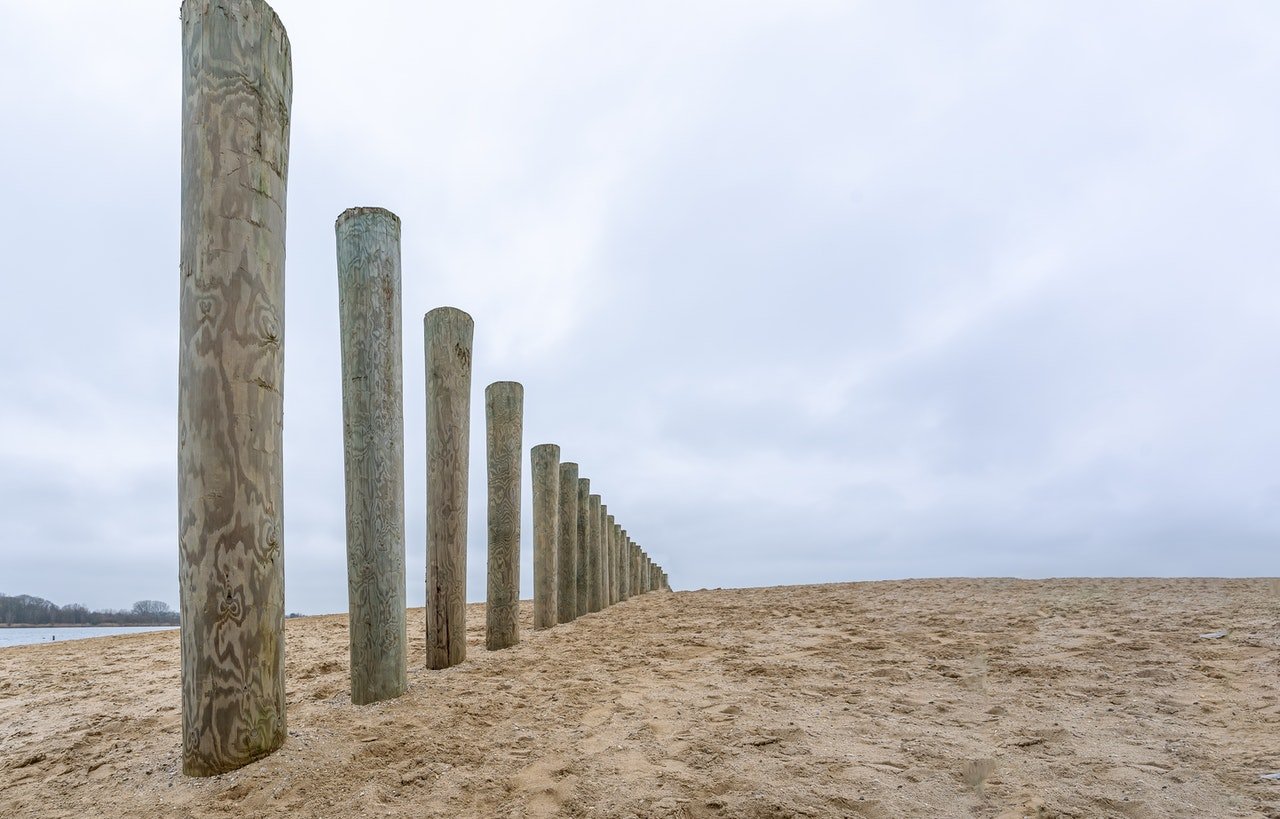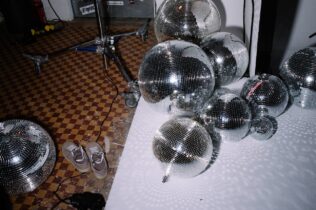
Photo by Mike van Schoonderwalt.
Tony Hsieh died last week.
It’s not our place to tell you who Tony was. Those stories should be told by people who knew him. Paul Carr and Sarah Lacy have written beautiful, complex goodbyes. They are worth your time.
We didn’t know him, but we certainly knew about him. We talk about Tony with the bosses we train – he’s part of the organization design curriculum. Because during his time at Zappos, Tony became the world’s most visible proponent of Holacracy.
Holacracy, if you haven’t seen the word before, is a system for organizing a company without bosses. It’s part of a movement that calls itself “self-management”. They talk a lot about “teal organizations” ushering in a newer, more fulfilling way to work.
Tony went all-in. He offered Zappos managers new roles as individual contributors, or else the door. He organized the company into tiny independent “loops”. Hundreds of employees quit in the ensuing confusion, but he didn’t let up. A more enlightened future of work is always going to have its skeptics, after all.
We won’t do Holacracy justice here – it takes whole books to fully develop – but suffice it to say that we aren’t fans. Intuitively, we’re skeptical that you can erase deep power imbalances by playing games with the org chart. Empirically it doesn’t tend to work out well. In fact it often ends up gaslighting your marginalized employees.
Zappos eventually dropped Holacracy. Even a guy like Tony couldn’t wish it into working. But while the system of Holacracy seems hopeless, the message is a hopeful one. The message is that work can be better. That it can have dignity, and value, and fulfillment, and joy. That’s a hopeful, important message in any time, but especially today. We don’t have a quarrel with the hope. We just have a different point of view on how to get there.
Is this a moment?
Last week, we were talking to a reporter. He’s working on a piece about work. It’s topic we love. And if you get us started, it’s often hard to get us to stop.
When we start the call, he does not sound hopeful. He’s writing about work before and after COVID. But, of course, the after-COVID part is TBD. We have some guesses but it’s hard to know from late 2020 what office work in 2022 will feel like.
His core question is whether this is a moment. This middle spot we’re in right now. Are we in a once-in-a-lifetime position to address the worst parts of work from the before times? And build something better and more sustainable for the after times?
We leaned so far into the phone to answer that our lower backs were sore after the call.
Yes. Yes! Yes, we can and should build something different. Yes, work can be so much better than it was. Yes, people should expect more. Yes, it is possible to have work that isn’t abusive. No, burnout isn’t inevitable. And OMG YES, so much of this is fixable.
And then he asks the money question. The one that gives away why he feels despondent while we are jumping over each other with excitement.
How do you know where to start? It’s such a big, interrelated problem. How do you even begin?
And he’s right. The individual boulders are enormous. The intersections of work and power and systematic oppression and burnout and isolation. We don’t fault anyone for thinking they’re hard to move. They are.
But lifting boulders isn’t about the giganticness. It’s not about moving the whole thing in one go. It’s about finding the places that movement can happen. The water flowing above, below, eroding the soil, chipping away, until the entire landscape shifts.
We start with the bosses
In the early days of writing The Co-pour, we got a lot of Holacracy folks following along and cheering. At first, we were confused. It’s strange for us to get kudos from a group that’s committed to the end of bossing. Aren’t we rooting for opposite sides? Our t-shirts say “competent management”. Theirs say “no management”. What gives?
Maybe you can already see what we couldn’t…
The starting point for both teams is a strong rebuke of the status quo. Saying out loud that work isn’t working. Screaming from the rooftops that humans cannot do creative and generative work without humanity. And to expect otherwise is a recipe for disappointment. Of the perpetual and soul crushing variety.
Up to that point we all agree. But from there, we diverge.
Bosses hold power. They control how work feels. Holacracy tries to fix this by getting rid of them. But that doesn’t solve it. Because in a group of humans, you can’t assert power away. You can erase the org chart, you can insist that everyone is equal, but all you actually do is make power less scrutable and accountable. When you do, you end up reinventing the same oppressive systems you were trying to tear down.
We talk about power head on. And what it means to be the people who control how work feels. What an awesome responsibility it is. And what happens when leaders fall short. We don’t let them pretend it away. We sit in the discomfort of the thing.
And that’s where our hope comes from. Because we watch them do it. We see bosses – first time leads and seasoned executives – sit and fucking grapple with it. It’s not comfortable for them. Sometimes they get frustrated, or angry. Sometimes they cry. But they do the work. And we hear it from them. And we hear it from the people around them. And we hear it from the people they manage.
Hope rests on the belief that things can be different. And that we have the agency to make that change. Our hope isn’t foolish, or naïve, or only-good-in-theory. It’s evidence-based. We’re not despondent about the size of the big ass rocks. We’re hopeful because we’ve seen them move. Work can be better and we already have the tools.
And a thing we’re sitting with right now is that we wish we could show Tony what we’re up to.
– Melissa and Johnathan






